Table of Contents
Who is Business Economist?
Business economists are the persons who perform jobs in context to identify various problems that are uplifting a company, find out various reasons behind these problems, analyze their effects on the functioning of the company and finally suggest rational alternative and corrective measures to be taken by the management.

Table of Contents
Role of Business Economist
A Business economist plays a vital role in modern business. He helps the management of a firm in decision making and forward planning by using his skills and techniques. In advanced countries like the U.S.A., U.K. and Canada, almost all big firms employ managerial/business economists.
Tata, Hindustan Lever and Reliance have business economists on their staff. The role of a business economist is that of a business analyst and of an advisor. It is a part and parcel of modern business activities. Accordingly, his responsibilities are also heavy.
These are the important role of business economists explained in details:
- Study of Business Environment
- Business Plan and Forecasting
- Study of Business Operations
- Economic Intelligence
- Specific Functions
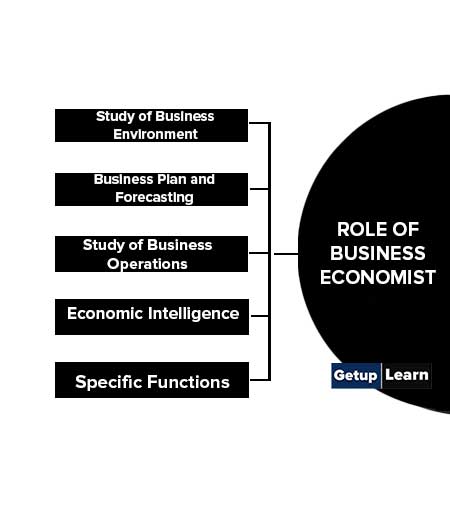
Study of Business Environment
Every firm has to take into consideration such external factors as the growth of national income, volume of trade and the general price trends, for its policy decision. A firm works within a business environment. The basic elements of the business environment of a firm are the trend of growth of the national economy and world economy and the phase of the business cycle in which the economy is moving.
At what rate and where is the population getting concentrated? Where are the demand prospects for established and new products? Where are the prospective markets? These questions lead the economists into purposeful studies of the economic environment.
The international economic outlook is a very important environmental factor for exporting firms. The nature and degree of competition within the industry in which a firm is placed are also a part of the business environment. The kind of economic policies pursued by the government constitutes a powerful element of the business environment of a firm.
What are the priorities of the new five-year plan? In which sectors of the economy have the outlays been bran increased? What are the budgetary trends? What about changes in expenditure, tax rates tariffs and import restrictions? For all purposes, economists place a significant role.
Business Plan and Forecasting
Business economists can help the management in the formation of their business plan by forecasting and economic environment. The management can easily decide the timing and locating of their specific action. The business economist has to interpret the national economic trends and industrial outlook for their relevance to the firm in which he is working.
He advises top management by means of short, business-like practical notes. In a partially controlled economy like India, the business economist translates the government’s intentions in business jargon and also transmits the reaction of the industry to propose changes in government policy.
Study of Business Operations
The business economist can also help the management in decision making relating to the internal operations of a firm, i.e., in deciding about price, rate of operations, investment and growth of the firm for offering this advice; the economist has specific analytical and forecasting techniques which yield meaningful conclusions.
What will be the reasonable sales and profit budget for the next year? What are the suitable production schedules and inventory policies? What changes in wage and price policies are imperative now? What would be the sources of finance? Thus, he is trained to answer such questions posted by the top management.
Economic Intelligence
The business economist also provides general intelligence services by supplying the management with economic information of general interest so that they can talk intelligently in conferences and seminars. They are also supplied with the facts and figures for preparing the annual reports of the firm.
Those facts and figures are collected by the business economist as he understands the literature available on business activities.
Specific Functions
Business economists are now performing specific functions as consultants also. Their specific functions are demand forecasting, industrial market research, and pricing problems of industry, production programmes, investment analysis and forecasts.
They also offer advice on trade and public relations, primary commodities and foreign to capital projects in agriculture, industry, transport and tourism and also of the export environment. 6. Participation in Public Debates. Business economists participate in public debates organized by different agencies.
Both governments and society seek their advice. Their practical experience in business and industry gives value to their observation. In nutshell, a business economist can play a multi-faceted role. He is not only an analyst of current trends and policies for his employers but also a bridge between the businessmen in the specific industry and the Govt.
Responsibilities of Business Economist
A business economist is well familiar with his responsibilities. He must keep in the mind the main objective of making a reasonable profit on the invested capital in his firm. Firms are not always after profit-maximization, but to continue in business, every firm has to operate for profit.
Therefore, a business economist has the main responsibility of helping the management to make more profits than before. All his other responsibilities flow from this basic obligation.
The responsibilities of a business economist are summarized below:
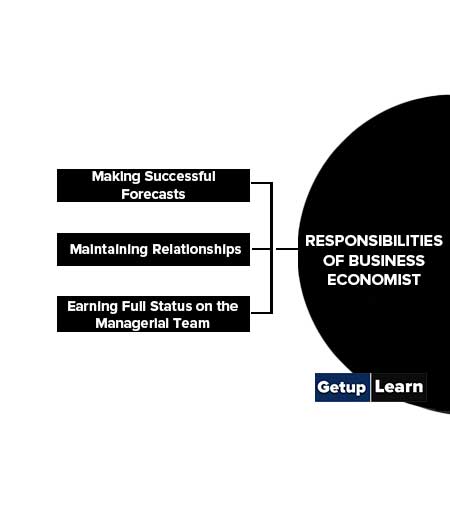
Making Successful Forecasts
Managers have to make decisions concerning the future and it is uncertain. This uncertainty cannot be eliminated altogether but it can be reduced through scientific forecasts of the economic environment to his employers. This is required for business planning.
If a business economist can make successful forecasts about business trends, the management will hold him in great esteem. A wise Business Economist will revise his forecasts from time to time keeping in view new developments in his business.
As soon as he finds a change in his forecasts, he has to alert the management about it. He assists the management in making the needed adjustments. This will help him to strengthen his position as a member of the managerial team.
Maintaining Relationships
The Business Economist must establish and maintain contacts with data sources for his analysis and forecasts. He makes contact with individuals who are specialists in different fields. He must join professional associations and subscribe to the journals giving him fresh and latest information.
In other words, his business’s biggest quality is his ability to obtain information quickly by establishing contacts with the sources of such information.
Earning Full Status on the Managerial Team
A Business Economist has to participate in decision-making and forward planning. For this, he must be able to earn full status on the business team. He must be prepared to take up assignments on the special projects also. He should be able to express himself clearly so that his advice is understood and accepted.
Finally, he must be in tune with the industry’s thinking, and not lose the national perspective in giving advice to the management. Thus, we can conclude from our discussion that Business Economists can earn an important place in the managerial team only if he understands and undertakes their responsibilities.
Business Economics Disciplines
To broadly appreciate the nature and scope of Business Economics it is necessary to examine its relationship with other sciences. At this juncture, it is apt to specially mention the relationship of Business Economics with the important fields of study such as statistics, mathematics, operations research, and accounting:
- Business Economics and Statistics
- Business Economics and Mathematics
- Business Economics and Operations Research
- Business Economics and Accounting
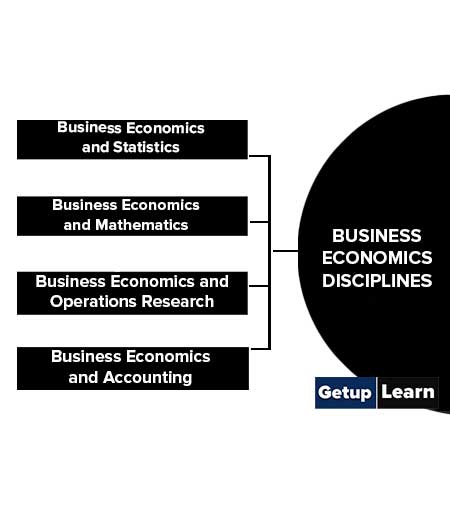
Business Economics and Statistics
Statistics provides several tools to Business Economics; Statistical techniques are used in collecting, marshalling and analyzing business data that makes possible empirical testing of the economic generalizations before they are applied for decision making.
Economic generalizations cannot be fully accepted until they are verified and found Valid against the real data. The theory of probability and forecasting techniques help the manager in the decision-making process. When the manager is to meet with the reality of uncertainty in decision making the theory of probability provides the logic for dealing with such uncertainty.
Business Economics and Mathematics
Mathematics is especially of to the manager when several economic relationships are to logic in the analysis of economic events provides clarity of the concepts and also helps to establish a quantitative relationship. Managers deal primarily with concepts that are quantitative in nature eg., demand, price, cost, capital, wages, inventories etc.
Mathematics is the manager’s most useful logical tool. Techniques such as linear programming, matrices, and equations are widely used.
Business Economics and Operations Research
Operation research and managerial economics are related to a certain extent. Operation research is the application of mathematical and statistical techniques in solving business problems. It deals with the construction of mathematical models that help the decision-making process.
Operation research is helpful in business firms in studying the inter-relationship and relative efficiencies of various business aspects like sales, production etc. Linear programming, techniques of inventory control, game theory etc., are used in Business Economics.
These are used to find out the optimum combination of various factors to achieve the objects of maximization of profit, minimization of cost and time etc.
Business Economics and Accounting
Accounting is closely related to Business Economics. Accounting is the main source of data regarding the operation and functioning of the firm. Accounting data and statements represent the language of the business. A business manager needs market information, production information and accounting information for decision-making.
The profit and loss statement reflects the operational efficiency of the firm. The balance sheet tells the financial position of the firm. The accounting information provides a basis for the manager in decision making and forward planning. In short, accounting provides the right information to make the right decisions.
What are the role and responsibilities of a business economist?
The role and responsibilities of a business economist are a business analyst, an advisor, Business Plan and Forecasting, Study of Business Operations, Economic Intelligence, Specific Functions etc.
What is the meaning of Business Economist?
Business economists are the persons who perform jobs in context to identify various problems that are uplifting a company, find out various reasons behind these problems, analyze their effects on the functioning of the company and finally suggest rational alternative and corrective measures to be taken by the management.




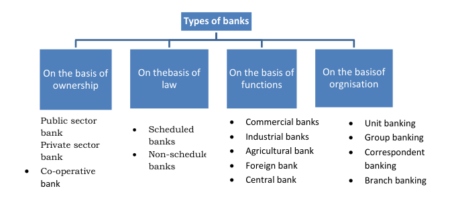




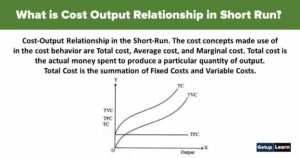


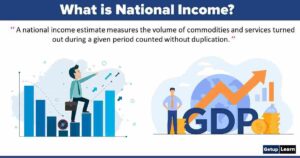
Very helpful.thanks